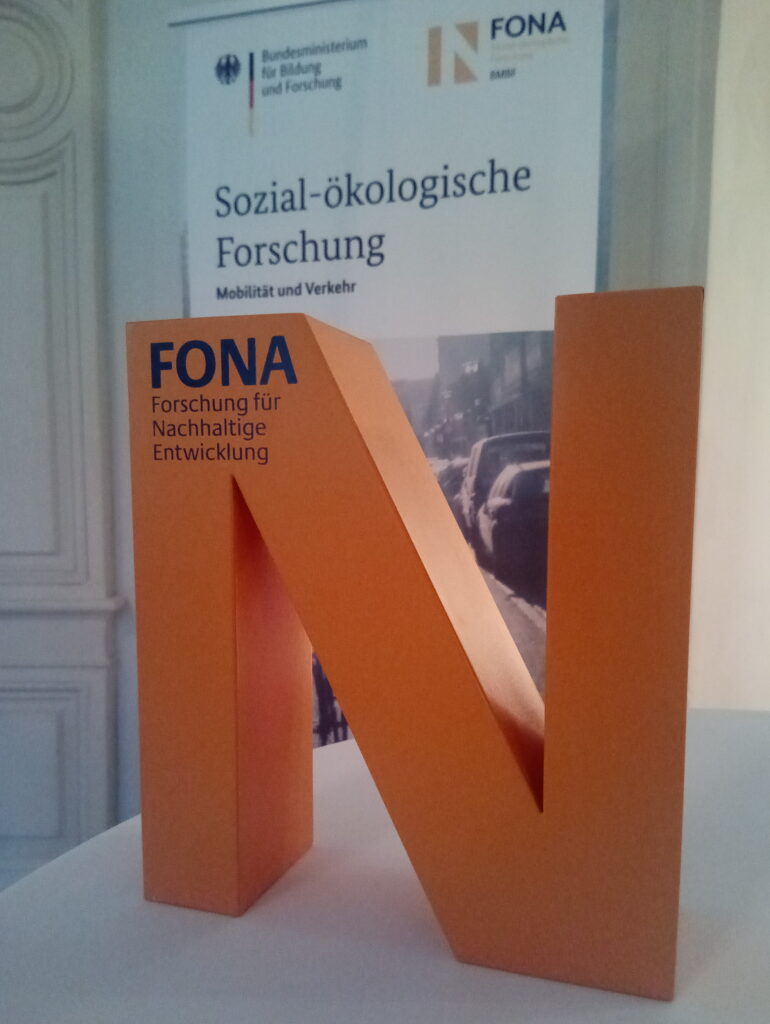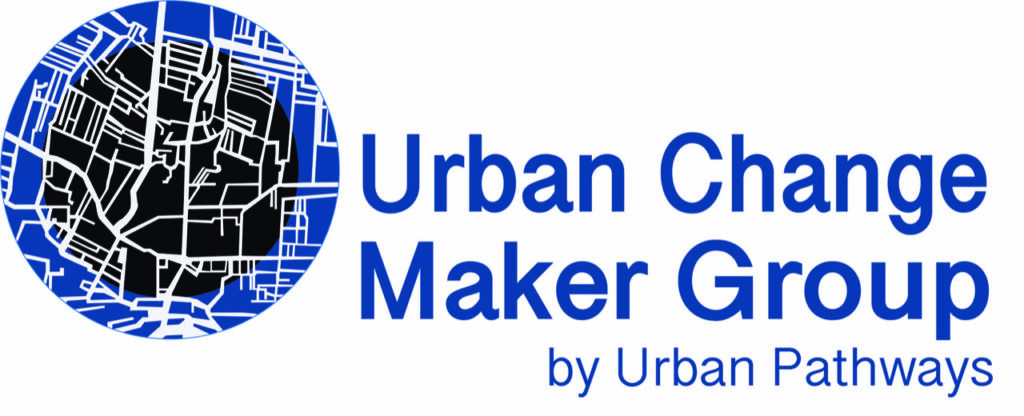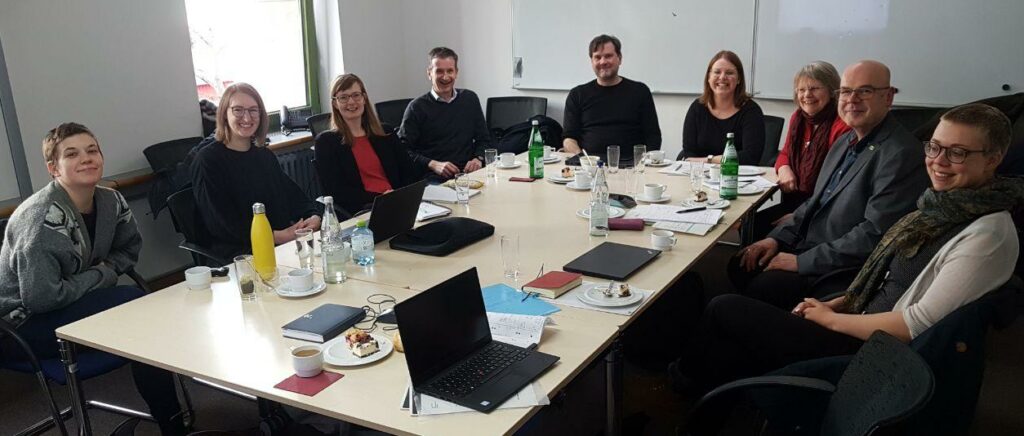This term we offer a MA-course on “Mobility and sustainability: Social aspects of the mobility turn”. More information are available in German.
Category: formats
Results of the first practical workshop of the junior research group CIMT
Our first practical workshop in summer 2020 focused on the question of how the evaluation of citizen contributions can be technically supported and what requirements practitioners have for a software solution designed to (partially) automate the evaluation.
More information can be found in the working paper (German version only!):
(Opportunities to) Mobilise for local political online participation
In this article in the Zeitschrift für Politikwissenschaft, Bastian Rottinghaus and Tobias Escher explore the question of who does (not) participate in digital participation formats for local mobility-related planning and to what extent personalised invitations can contribute to the mobilisation of a larger and more diverse group of participants.
Summary
Consistent findings of unequal political participation have been motivating different democratic innovations, including those that utilize the opportunities of information and communication technologies for political online participation. While previous research has established only a limited mobilizing potential of digital media, we still lack a good understanding of the mechanisms leading citizens to decide for or against engagement online. Therefore, we investigate who participates in opportunities for political online participation, what explains (non)-engagement and how effective personalized invitations are to increase and diversify participation. To address these questions, we conducted a comparative study of three almost identical instances of local online participation, relying on evidence from surveys of registered users and random samples of the local population.
Our results show that engagement in online participation is indeed significantly biased from the population towards resource-rich individuals who also differ in their assessment of the participation process and its results. This is despite the fact that knowledge of these participation opportunities is equally distributed among all social groups. While online aversion is a barrier for some, distrust in the participation process and lack of interest are more powerful reasons to refrain from engagement. Using a randomized-controlled field experiment we can confirm that personalized invitations are an effective instrument for mobilization that increased participation by a factor of four to seven and that can to a limited degree elicit participation from under-represented groups. These findings have a number of important implications for researchers and practitioners who aim to increase equality in political participation.
Key Findings
- In 2017, largely identical online participation processes were carried out and analysed in three cities in North Rhine-Westphalia. In Bonn, Cologne-Ehrenfeld and Moers, the population was invited to submit suggestions for improvements to cycling on an online platform.
- Initially, the usual participation patterns emerged, with above-average participation by highly educated and middle-aged men. One of the main reasons for participation was dissatisfaction with the cycling infrastructure.
- A lack of knowledge about the participation process is the main reason for not participating. Our findings could show that all population groups were equally-well informed about the process, but in the end resource-rich groups were significantly more likely to decide to participate. Furthermore, there are some specific reservations about the online format, which represent an obstacle to online participation.
- As part of a controlled field experiment, personalised letters were sent to a random selection of citizens with an invitation to the participation process. It was found that this increased participation by a factor of four to seven.
- This invitation also mobilises additional groups that are otherwise under-represented in the consultation process. This applies, for example, to women and people with a lower level of formal education. They also have slightly different attitudes to ‘the usual suspects’ in that they are somewhat less critical of the existing transport infrastructure, but are also less positive about the results of the participation process.
- Overall, this shows that personal invitations are an important means of mobilising a larger and more diverse group of citizens to participate in consultation processes, but they cannot eliminate the fundamental under-representation of people with fewer resources and political interests.
Publication
Rottinghaus, B., & Escher, T. (2020). Mechanisms for inclusion and exclusion through digital political participation: Evidence from a comparative study of online consultations in three German cities. Zeitschrift für Politikwissenschaft, 30(2), 261–298. https://doi.org/10.1007/s41358-020-00222-7
Kick-Off Conference of Junior Research Groups in Bonn

On 9 & 10 March 2020 the kick-off conference of all junior research groups took place that are funded by the BMBF programme on Research for Sustainable Development (FONA). At the moment there are about 20 junior research group that receive funding and that reported during the two-day conference.
As part of the latest funding round of 2019 we presented our group in the form of a presentation and a poster.
For an overview of all junior research group see the BMBF website.
Urban Change Maker Group – Workshop in Berlin
Evolving our ideas in exchange with the research community in sustainable transport is essential for us – to view challenges from a new angle, get some inspiration and possibly identify some synergies. That´s why we are part of the Urban Change Maker group, a diverse group of PhD and Post-Doc researchers from all over the world that work on issues of sustainable transformation in cities. Focus is on research that enables a sustainable transition in practice, mainly on governance and stakeholder constellations as well as social justice.

The research group is affiliated with the Wuppertal Institute and the TU Berlin as well as various other research institutions and universities.
On March 6th, we met for a creative workshop to identify possible synergies and joint research topics. The workshop started with the researchers introducing their research interests, already starting discussions on possible synergies. This was further continued and concrete paper ideas were discussed, as well as possible topics for Master´s thesis at the affiliated universities.
For our research group, a possible synergy could be comparing our German cases with similar cases of public participation in one of the partner cities and elaborate differences and similarities. The initiated exchange will continue over the following years, in the form of regular workshops and a yearly summer school for the whole group, and more intense exchange for the work on joint research and paper topics. This exchange will help us to discuss and place the topic in a broader thematic and geographical context.
First advisory board meeting of the junior research group CIMT in Berlin
On 28 February 2020, the junior research group organized the first meeting of the advisory board. The meeting of the members from research and practice took place at the Berlin Social Science Center WZB.

A central point of the event was the introduction and getting to know the members of the advisory board and the members of the junior research group. As group leader, assistant professor Tobias Escher presented the interdisciplinary research project in general. Laura Mark (urban planning), Katharina Huseljić (sociology) and Julia Romberg (computer science) then discussed the research projects of the individual disciplines in more detail. In the following discussion, a constructive exchange on the requirements of the single project parts and the overall project took place. At the end of the meeting, a joint decision was made in a feedback round to continue the exchange semi-annually to annually.
CIMT thanks all participants for a successful day!
Conference Future City 2019
On December 2nd and 3rd, 2019, the Conference Future City 2019 of the Federal Ministry of Education and Research took place in Münster. The CIMT group – represented by Laura Mark and Katharina Huseljić – presented itself there with a poster.
The main goal of our group was to network with science and practice in order to facilitate future cooperation in the evaluation of participation procedures. In addition, there was a strong exchange with former and currently funded projects from social-ecological research. Among other things, the focus was on inter- and transdisciplinary work in junior research groups.
Additionally, there was room for disciplinary interaction and networking and workshops deepening knowledge in the differing research attempts. There was the opportunity to attend various workshops with and without disciplinary focuses. The members of the junior research group attended events on working with data at local municipality level and on the possibility of bottom up climate protection.



